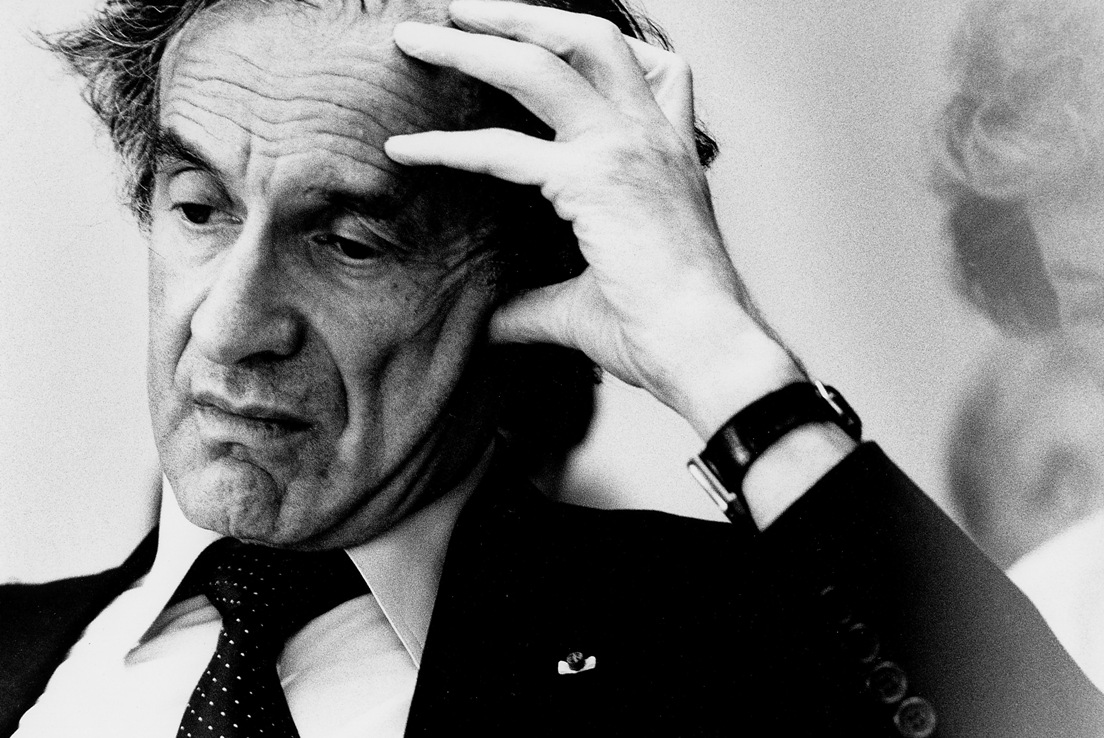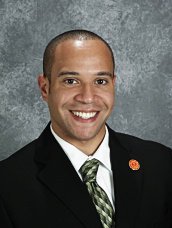On Saturday, July 2, 2016, the world lost Elie Wiesel at the age of 87. Wiesel, who survived the Auschwitz concentration camp as a teenager, lost many of his family members during the Holocaust, in which over 6,000,000 Jews and other marginalized members of society were mercilessly annihilated by the Nazi German regime. Wiesel most famously chronicled his plight in his now-classic book Night, originally published in French as La Nuit.
Wiesel’s multiple contributions to humanity can hardly be overstated or overestimated, the most prominent of which is easily his commitment to keeping alive the memory of those who lost their lives in the Holocaust (often perhaps more appropriately designated as the “Shoah”), and thus endeavoring to underscore the greater appreciation that we must all have for others’ inherent human dignity and its accompanying rights. Having survived the ravages of oppression himself, during his life, Wiesel spoke out against senseless violence, religious intolerance, racism (including the former infamous practice of apartheid in South Africa), and of course, genocide. In fact, in 2007, Wiesel openly criticized those who denied that the slaughter of over 1,000,000 Armenians by the Ottoman Turks in 1915 constituted genocide, joining Pope Francis in rightfully designating it as such. Wiesel’s writings beyond Night were extensive, as were his academic appointments teaching a variety of courses ranging from Judaic studies, philosophy, and the humanities, between the City University of New York, Boston University, Yale University, and Columbia University. Wiesel was notably instrumental in the founding of the United States Holocaust Memorial Museum in Washington, DC, and his commitment to global peace and the fostering of enduring reconciliation earned him the Nobel Peace Prize in 1986, thirty years ago this year.
When we survey the life of Elie Wiesel and the gift that he was to broader humanity, the Catholic must recall that we have a role—perhaps, better said, a responsibility—to ensure that humanity learns from that dark stain on history known as the Holocaust— the Shoah. It would be historically insincere to pretend that the Catholic Church has an untainted record when it comes to how it has interacted with those of the Jewish faith over the course of the last two-thousand years. (Yet, to be fair, many of these incidents were isolated as far as history’s memory extends, and such antagonistic excesses were out of the bounds of what can be considered truly Christian—thus, their occurrence was justifiably repudiated by both popes of those times and popes since.)
The Catholic Church must readily embrace that our origin and beliefs are founded on Jesus of Nazareth, a first-century Jewish man whom we hold to be more than a mere man, but Christ and Lord. As we continue into the twenty-first century, we can celebrate the manifold advances that have occurred between Catholicism and Judaism since the twentieth century, even in the midst of admittedly differing theological conclusions, yet in the interest of substantial and productive interreligious dialogue. In particular, our last three popes—St. Pope John Paul II (himself a survivor of the Holocaust), Benedict XVI (who was forced into the Hitler Youth, but summarily abandoned his affiliations, soon thereafter dedicating himself to reconciliation), and Francis—have labored to heal the wounds of division that unfortunately developed over the course of nearly two millennia. Even going back to the pontificate of Blessed Pope Paul VI, we recall the watershed document Nostra Aetate: Declaration on the Relation of the Church to Non-Christian Religions. This is not to mention that, just over six months ago, we welcomed the [Israel-based] Center for Jewish-Christian Understanding and Cooperation’s Orthodox Rabbinic Statement on Christianity, which the Vatican referred to as “groundbreaking,” in the midst of the Vatican’s own reflection titled simply "The Gifts and the Calling of God Are Irrevocable" (a reference to Romans 11:29 on the occasion of the fiftieth anniversary of Nostra Aetate).
Returning to particular consideration of the scourge that was the Shoah, in the midst of a wide array of examples of how Catholics in Europe—clergymen, religious, and the laity alike—harbored and protected Jews who were being targeted during the Second World War, it is vital for the Catholic Church to continue to use its global scale, introspective scope, and transcendent worldview to seek justice and highlight the atrocities that occurred during the Shoah, so that the world does not forget. We must remember to remember. Our faith compels us to seek and promote righteousness and goodness, and to atone for the evils of the past as we seek our own repentance before God and the ongoing conversion of our hearts to his will. It is thus critical that Catholics defend those of the Jewish faith by working against the nefarious forces of anti-Semitism, which continues to be a global reality even in the twenty-first century.
With the passing of Elie Wiesel, we lost a courageous man who had survived the Shoah, the survivors of which are all now elderly, and will not be among us as living witnesses forever. As such, Catholics and everyone else of good will must be sure to speak out against global humanitarian injustices, such as what the world saw during the Shoah, and not turn a blind eye to the suffering of others in our midst. As Catholics, let us gain inspiration from the life of Elie Wiesel by continuing to emphasize the significance of human rights, true peace, and actual justice. As we recall that we are all children of God above, we should keep in mind Jesus’ words from within the Beatitudes: “Blessed are the peacemakers, for they will be called children of God” (Mt 5:9).



